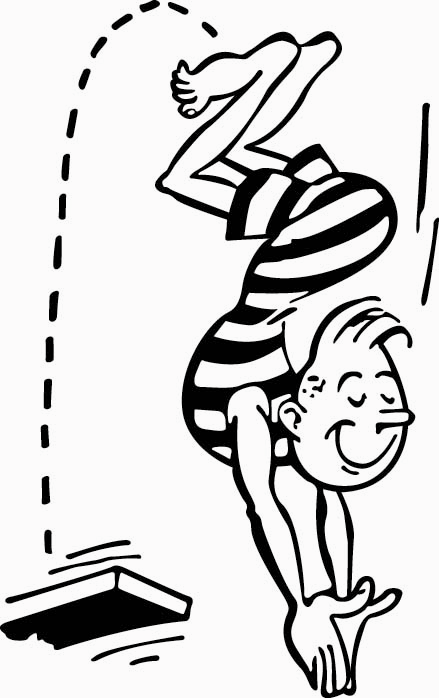 By Joshua Salinas and Jessica Mendelson
By Joshua Salinas and Jessica Mendelson
The secret is out, Tic Tacs and bubblegum have the most valuable and desirable real estate in the entire grocery store.
On September 27, 2012, a district court for the Eastern District of New York granted in part and denied in part a motion to dismiss in a commercial dispute arising out of the
Continue Reading New York Federal Court Rejects Heightened Specificity Pleading Standard for Breach of Confidentiality and Non-Disclosure Claim
 In business, as in life, trust and communication are key to healthy and productive relationships. When these crucial elements are lost, as in the case of What 4 LLC v. Roman & Williams, Inc., 2012 WL 1815629 (N.D.Cal.), the fallout is often contentious and requires court intervention.
In business, as in life, trust and communication are key to healthy and productive relationships. When these crucial elements are lost, as in the case of What 4 LLC v. Roman & Williams, Inc., 2012 WL 1815629 (N.D.Cal.), the fallout is often contentious and requires court intervention. On March 29, 2012, the Seventh Circuit
On March 29, 2012, the Seventh Circuit 